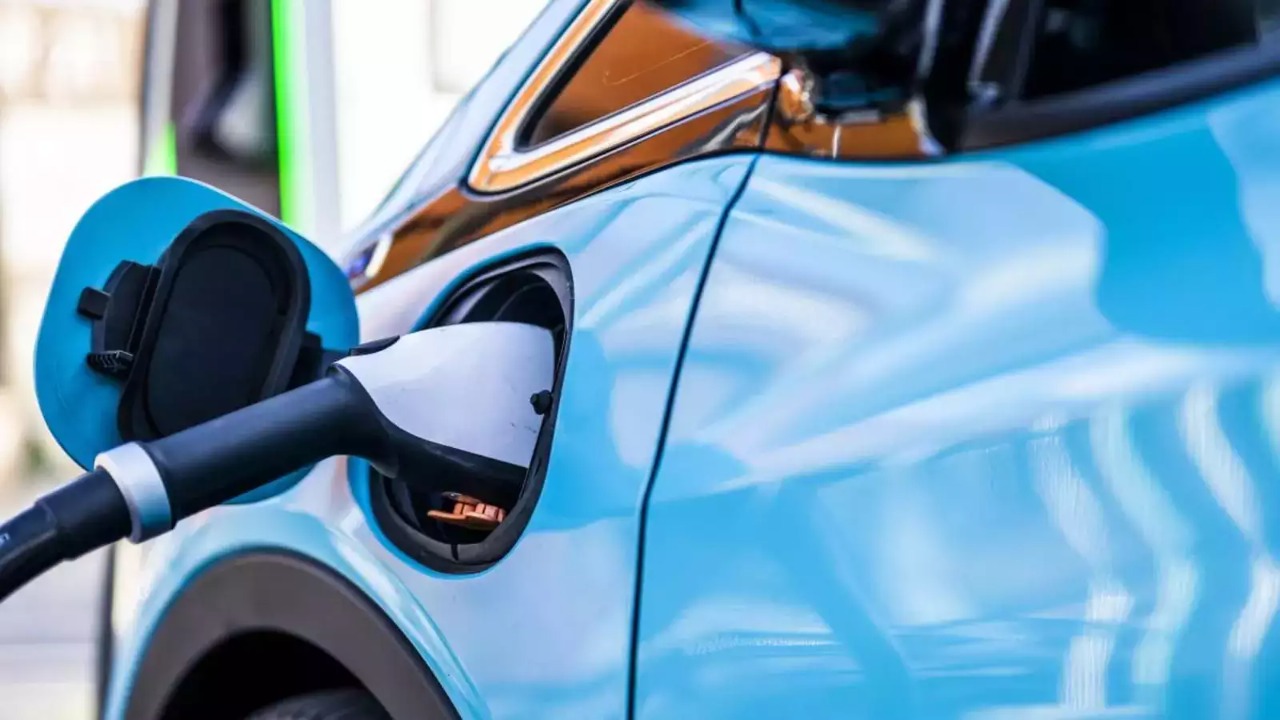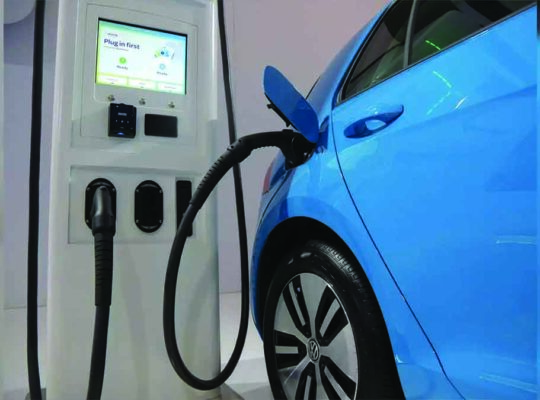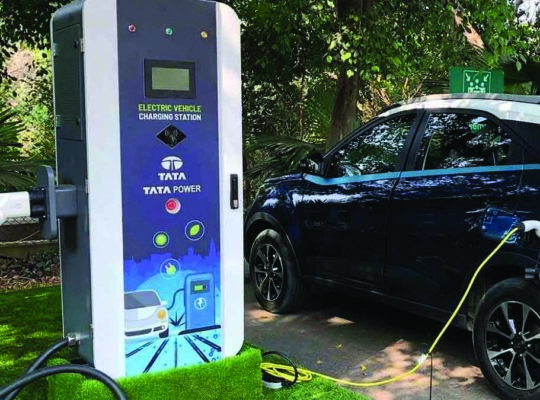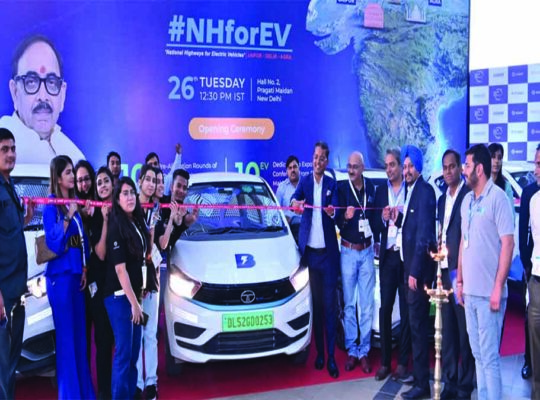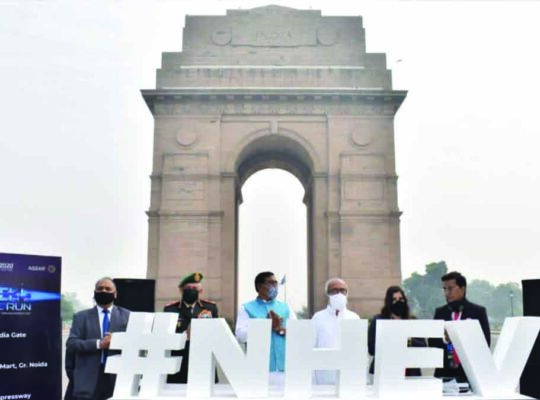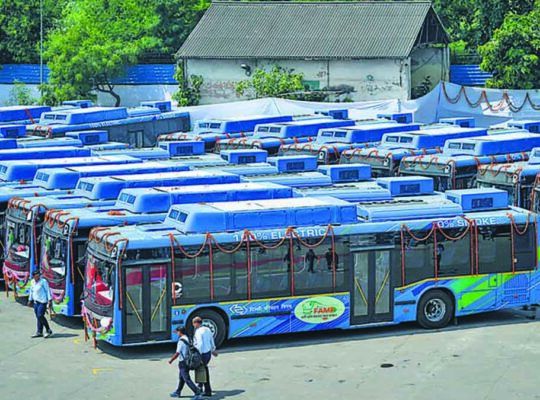New Delhi: Despite some initial hiccups, the EV penetration in India is slowly but steadily increasing, especially in the e-scooter segment. Now, the four-wheeler manufacturers have also joined the bandwagon, pushing Indias aim to significantly cut the dependency on traditional fuels and internal combustion engine-driven vehicles by 2030.
By 2030, the government expects the EV sales penetration to be 30 per cent for private automobiles, 70 per cent for commercial vehicles, and 80 per cent for two and three-wheelers, which would not only reduce the country’s oil import bills in the longer term, but also ensure a cleaner environment.
The sales of electric vehicles (EVs) in the country witnessed a surge in the last two years. While 48,179 EVs were sold in 2020-21, the figures increased to 2,37,811 in 2021-22 and 4,42,901 in 2022-23 (till December 9, 2022). Union Minister for Heavy Industries, Mahendra Nath Pandey, said in a written reply in the Lok Sabha last month that the ministry has implemented a scheme titled ‘Faster Adoption and Manufacturing of Electric Vehicles in India Phase II’ (FAME India Phase II) to promote adoption of electric/hybrid vehicles in the country.







